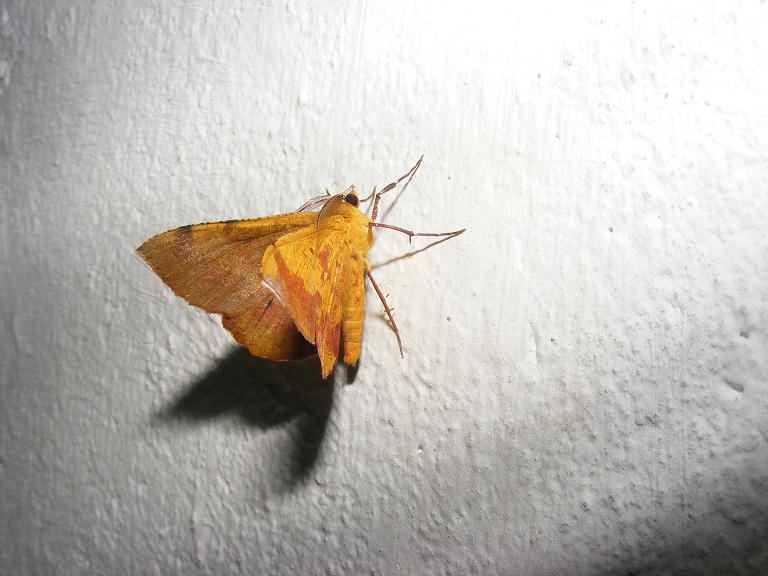Oxitec Pioneered the GM Mosquito. Up Next? Moths, of Course
By Eric Niiler,
Wired
| 05. 10. 2017
A HALF-INCH-LONG MOTH that devours kale, broccoli, and Brussels sprouts may not inspire the same fear as a Zika-carrying mosquito, but the two insects have something in common. Both are being genetically tweaked by UK-based biotech firm Oxitec. Last year, the company made news when it proposed a Florida-based trial of a self-destructive mosquito—designed to stop the spread of Zika virus in native Aedes aegypti mosquitoes.
Now, Oxitec wants to test a genetically modified version of the male diamondback moth to mate with—and eventually destroy—a pest that damages $5 billion worth of cruciferous crops every year worldwide. Like the mosquito, the moth passed laboratory and greenhouse trials and now must pass approval in a open field test. But while the mosquito had to wind its way through the FDA, Oxitec’s moth faces a different set of regulatory hurdles at the USDA. Officials at that agency are currently reviewing whether to allow Cornell University and Oxitec to release tens of thousands of GM moths into a 10-acre site in New York.
For decades, agricultural researchers have battled insect pests that are growing...
Related Articles
By Jonathan Matthews, GMWatch | 12.11.2025
In our first article in this series, we investigated the dark PR tactics that have accompanied Colossal Bioscience’s de-extinction disinformation campaign, in which transgenic cloned grey wolves have been showcased to the world as resurrected dire wolves – a...
By Jessica Hamzelou, MIT Technology Review | 11.07.2025
This week, we heard that Tom Brady had his dog cloned. The former quarterback revealed that his Junie is actually a clone of Lua, a pit bull mix that died in 2023.
Brady’s announcement follows those of celebrities like Paris...
By Lauran Neergaard, AP News | 11.03.2025
WASHINGTON (AP) — The first clinical trial is getting underway to see if transplanting pig kidneys into people might really save lives.
United Therapeutics, a producer of gene-edited pig kidneys, announced Monday that the study’s initial transplant was performed successfully...
By Meagan Parrish, PharmaVoice | 10.10.2025
When CEO Ben Lamm steps into the spotlight, it’s usually to talk about his efforts bringing extinct animals back to life. Once a far-flung idea, Lamm and the company he heads, Colossal Biosciences, have proven they can pull it off...




